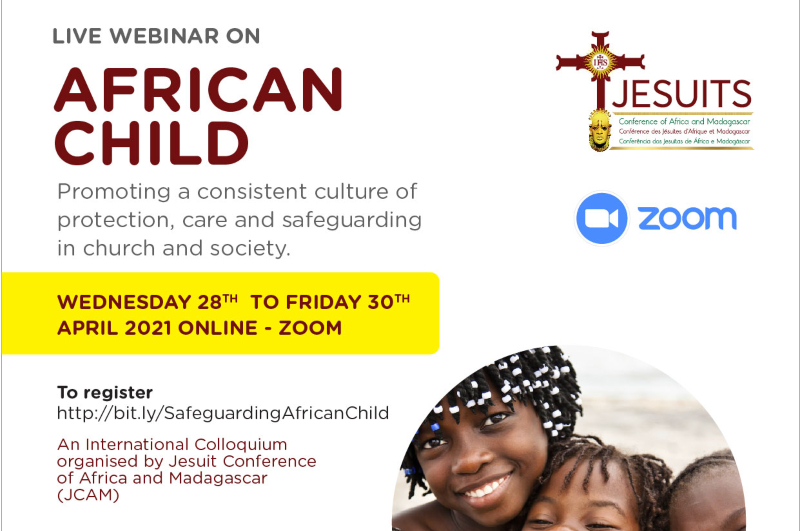


Clericalism and patriarchy are among the instruments used to advance abuse in the Catholic Church and society, African scholars who participated in the virtual colloquium, organised by the Society of Jesus (Jesuits) in Africa stated.
Speaking during the first day, Wednesday, April 28 during the colloquium dubbed, “African Child: Promoting A Consistent Culture of Protection, Care, And Safeguarding In Church And Society”, Sr. Josée Ngalula noted that clericalism is an issue that cuts across the universal Church.
For Fr. Lawrence Daka, clericalism hinders the process of addressing sexual abuse of minors in the African Church.
“A close observation of child abuse situations in the Catholic Church and all religions shows that there is, unfortunately, a close link between patriarchy, clericalism, and the abuse of vulnerable persons,” Sr. Ngalula said during the event organized by the Jesuit Conference of Africa and Madagascar (JCAM).
Noting that patriarchy has influenced clericalism, Sr. Ngalula, a member of the Congregation of the Sisters of St. André said, “Clericalism is a dangerous instrument for importing the ravages of patriarchy into the Church, which is supposed to be an instrument of salvation.”
In her presentation titled, “Combatting Clericalism and Patriarchy as Instruments of Abuse in Church and Society,” the Professor of Dogmatic Theology at the Catholic University of DR Congo observed that in cases of sexual abuse in the church “children are the most vulnerable, for the abuse is at least threefold.”
It is threefold because of the “abuse of trust that the child places in the adult, the abuse of trust of the layman in a minister of divine graces in the Church, and the perversity of taking advantage of the physiological, psychological and social vulnerability of the child to abuse him or her,” Sr. Ngalula explained.
However, Sr. Ngalula who holds a Doctorate Degree with a focus on the Evaluation of Translation Enterprises/activities in the Context of Christian Mission noted that clericalism is also found among the laity.
She explained, “The faithful who have assimilated clericalism reproduce the same deviant behaviors of clerics when they have positions of responsibility in the Church. They also do not accuse the clerics of abuses in the Church and society, and teach that to speak badly of a cleric is a sin and an attack on the Church.”
“In the Church, there are crimes committed by Priests that are not denounced because of the laity who have assimilated clericalism and refuse to speak out,” she added during the three-day seminar, which aims to, among other things, develop a concrete response to Pope Francis’ clarion call to say “never again” to every form of abuse.
Describing clericalism as a “perverse attitude in the relationship of authority in the Church,” the Congolese Nun called for an absolute and urgent combatting of the practice because it “has caused and continues to cause grave sins and wicked crimes in the Church and society, especially in the area of sexual abuse of children and other vulnerable categories.”
In combating Clericalism, the alumna of the Catholic University of Lyon in France proposed a rethinking of the theological training of future Priests saying, “We must insist on an understanding and living of the ministerial priesthood closer to the living of Christ Jesus Himself, in order to ‘de-patriarchize’ the way of living the ministerial Priesthood in the Church, and make it return to the spirit of the Gospel.”
“The second proposal is at the level of Priestly commitments, which today must be enlarged. Future clerics must declare their will to recognize that in the Catholic Church their spiritual Priesthood does not mean potency, that they will not consider the faithful under their pastoral care as inferior,” she added.
In their Priestly commitments, Clerics “must also promise to never consider the body of another human being as an object at their disposal; to never to use their position of authority to exploit or abuse the vulnerability of the faithful; never to intimidate the faithful who wish to denounce abuses in the Church,” the founding member of the Association of African Theologians (AAT) urged.
Towards combating clericalism, Sr. Ngalula also emphasized the need “to develop effective policies to protect the faithful against clerical abuses of authority, first by reinforcing the criteria for admission to the ministerial (and) by systematically sanctioning abuses linked to clericalism in an exemplary manner in the Church.”
On his part, Jesuit Fr. Lawrence Daka noted that although at the universal level of the Church, structures are now in place, and there is evidence that the leadership has taken full responsibility of safeguarding minors, the situation is different in the Church in Africa.
“At local structures, especially here in Africa there is a sense of general fear, shame, and protectionism, woven into a certain clericalism!” the Rector of Zimbabwe-based St. Ignatius College Chishawasha within the Catholic Archdiocese of Harare said.
The holder of a Doctorate in Social Economic Philosophy from Boston College further observed that in the Church in Africa, clericalism is woven in silence, which he said is “emblematic and symptomatic of the so many challenges that have bedeviled and obfuscated what is demanded of responsible, transparent, and accountable leaders in the Church and society in general.”
“Creating a culture of safeguarding and protection in the Church is no longer the sole responsibility of Church leadership,” he said adding, “In Africa, we go a long way if we collaborate with traditional leadership in the transformation of how we view children.”
Towards a safer environment for minors in the Church, Fr. Daka who is also a Professor at the Arrupe Jesuit University (AJU) in Harare called for, among other things, urgent “conversion and restructuring of the local Churches, leading to healing, and restoration of the dignity of life for every child.”
Making his presentation on the topic, “Renewing the Theology of the Church as a body of Christ in the age of sexual abuse of children and vulnerable adults by leaders in the Church,” Jesuit Fr. Joachim Zoundi called for a renewal of the Theology of the Church.
“Our theology has been at times too academic; neither pastoral nor spiritual enough to nurture the faithful,” the Burkinabe Cleric said during the April 28 virtual seminar and added, “Particularly the crisis of sexual abuse of minors is one of a probable theological failure to orient the faithful.”
According to Fr. Zoundi who holds a Doctorate in Spiritual Theology, the crisis of abuse of minors in the Church “reminds us that we are a church in pilgrimage and as such we have to take courage to examine ourselves and cut off what does not help us to make progress, and to spread the Good News of Christ, calling for love and care for all, particularly for the little ones.”
In renewing the church, the Kenya-based Jesuit Cleric called for a systemic approach in addressing the abuse of minors among the people of God.
He explained, “This approach requires working with all parties involved: first of all, the child, then its parents, social workers, people in charge of education and of children’s health care, the police, and those who control the policies of the State and issue its laws.”
The colloquium which was held from April 28-30, was a response to Pope Francis’ 2019 Apostolic Letter “Vos estis lux mundi” that establishes procedural norms in dealing with sexual abuse in the Church.
Source: ACI AfricaRelated Articles
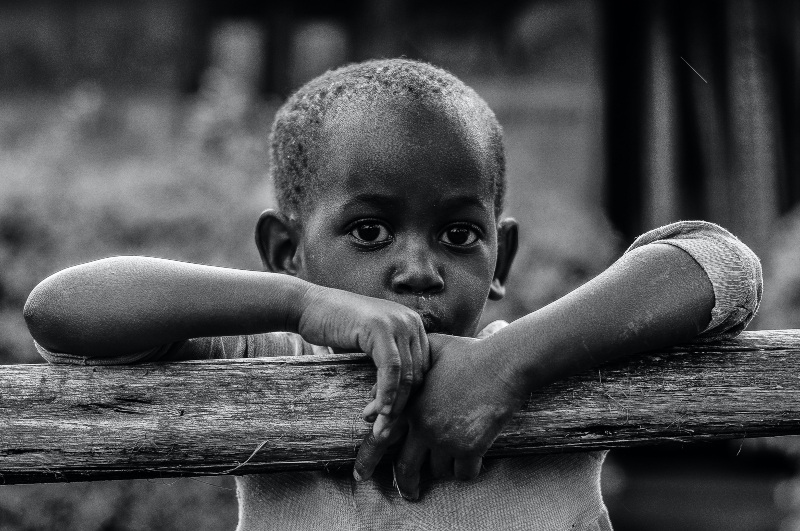
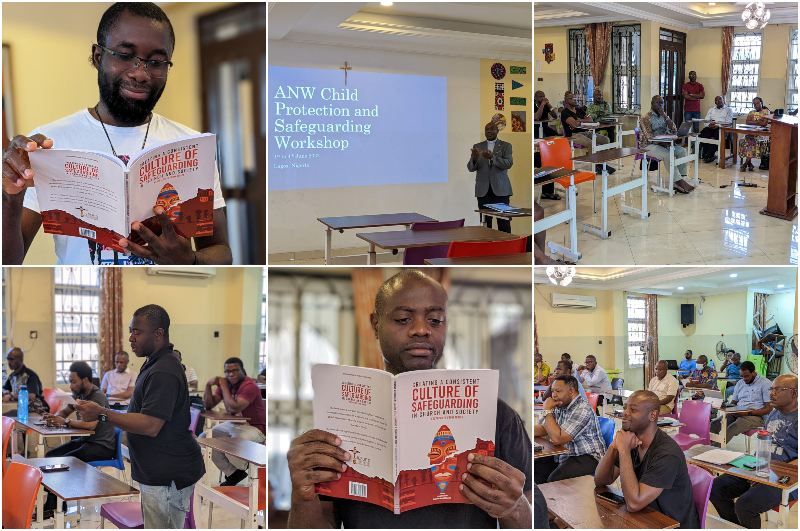
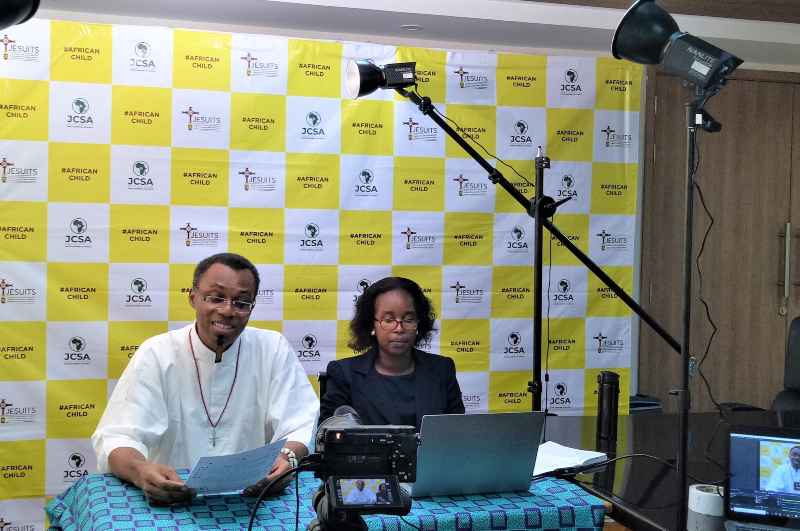
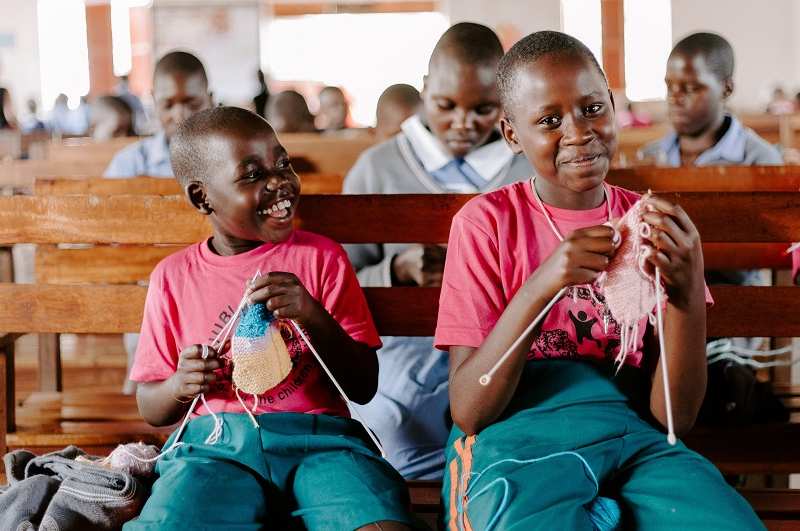
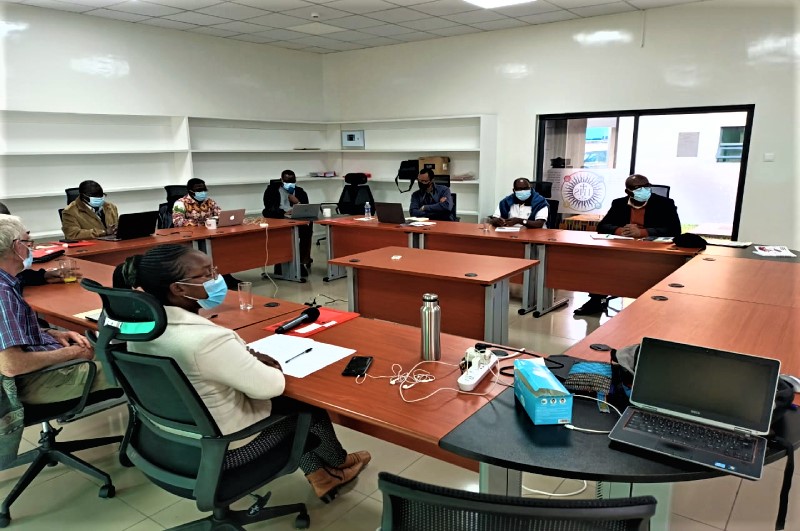
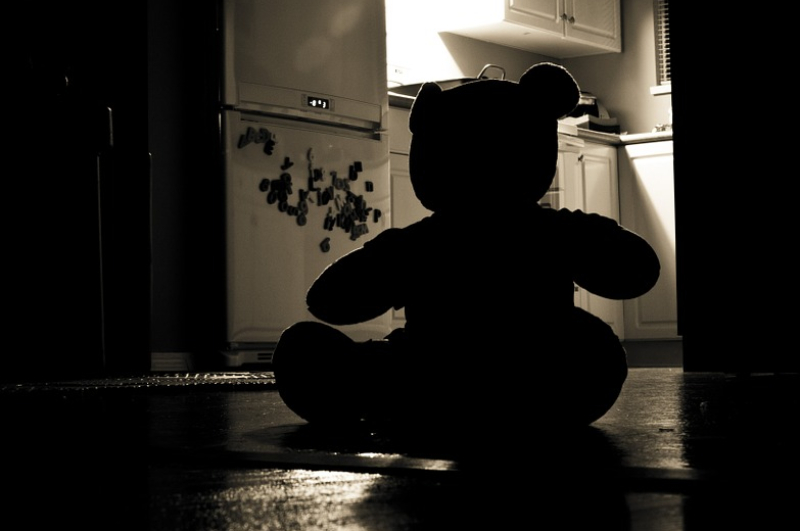
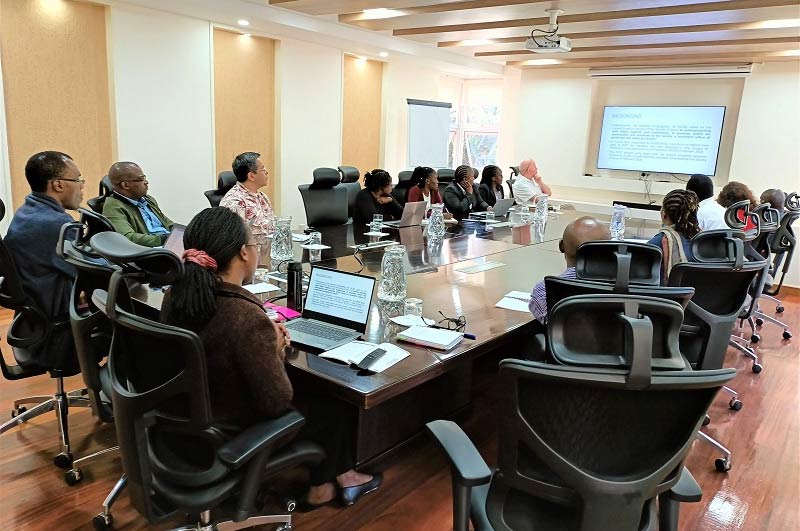

Select Payment Method
Pay by bank transfer
If you wish to make a donation by direct bank transfer please contact Fr Paul Hamill SJ treasurer@jesuits.africa. Fr Paul will get in touch with you about the best method of transfer for you and share account details with you. Donations can be one-off gifts or of any frequency; for example, you might wish to become a regular monthly donor of small amounts; that sort of reliable income can allow for very welcome forward planning in the development of the Society’s works in Africa and Madagascar.
Often it is easier to send a donation to an office within your own country and Fr Paul can advise on how that might be done. In some countries this kind of giving can also be recognised for tax relief and the necessary receipts will be issued.


